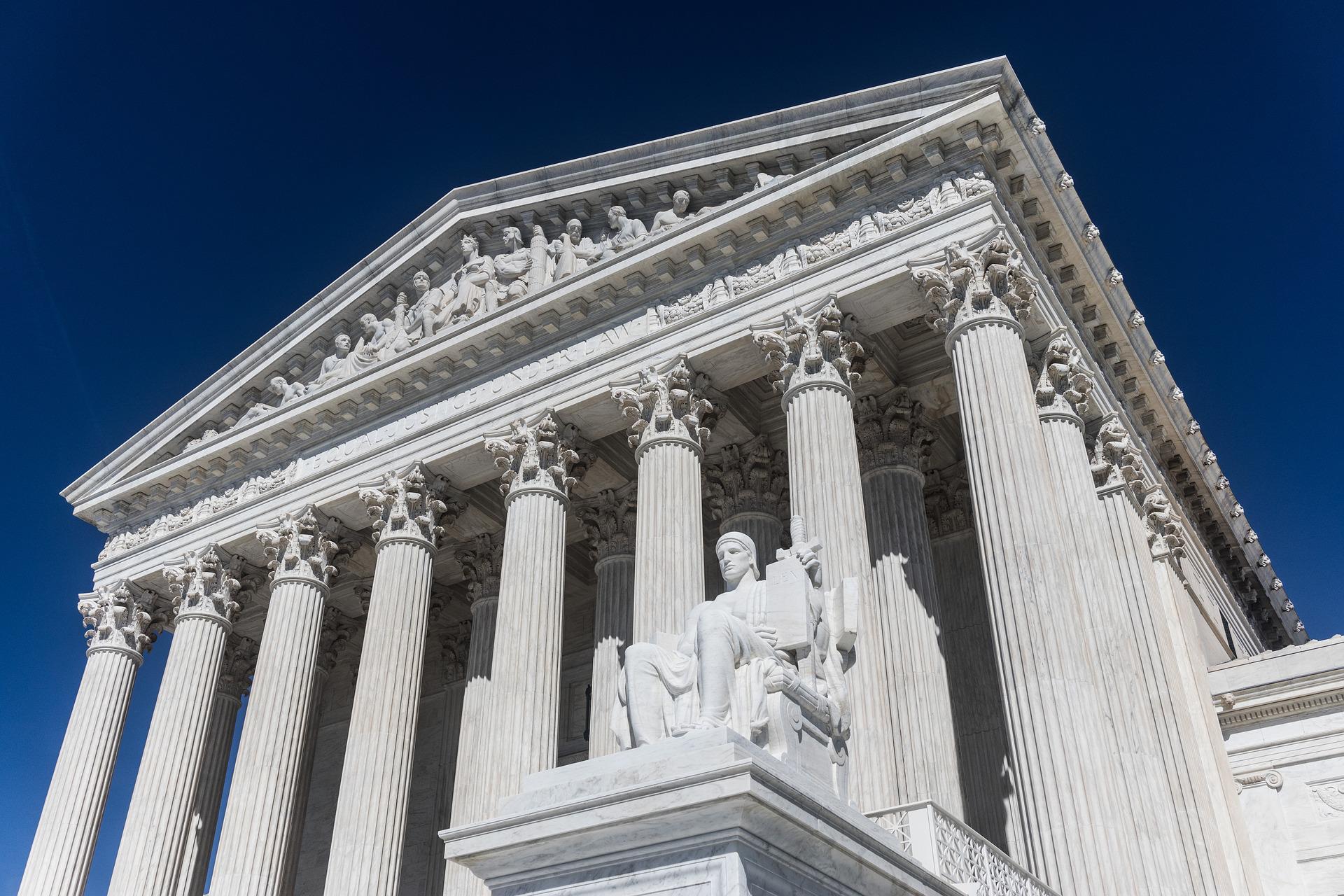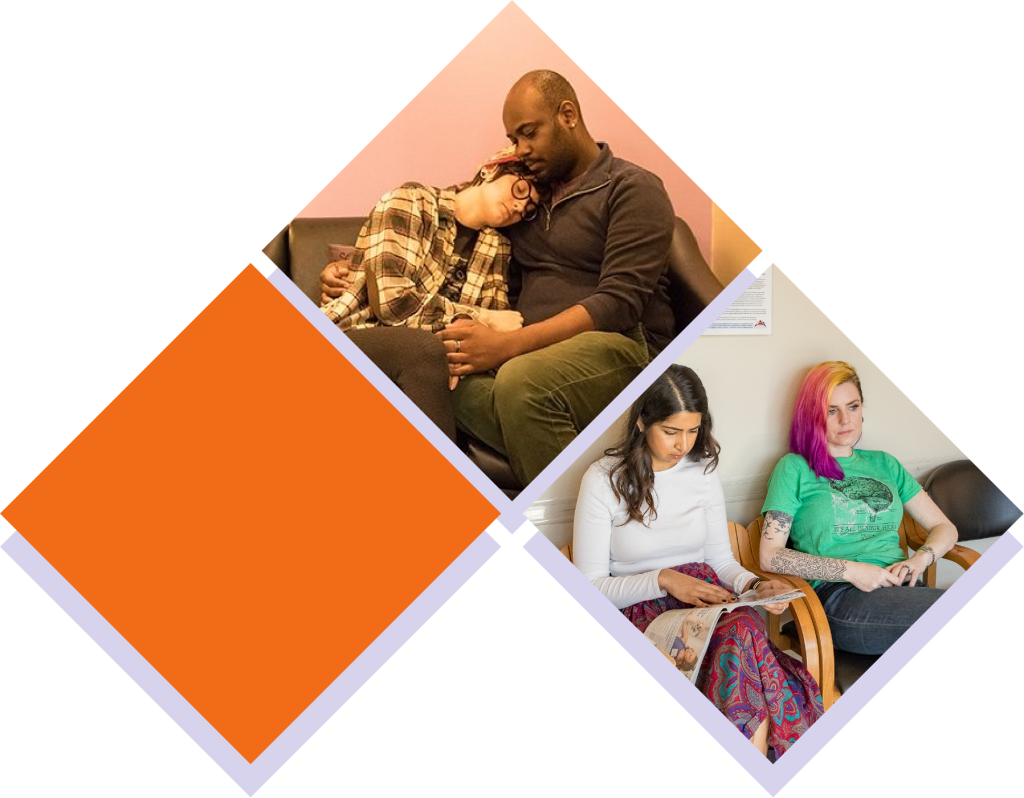CONTACT: Lauren McEwen, [email protected]
FEMINIST WOMEN’S HEALTH CENTER
STATEMENT ON SCOTUS DOBBS DECISION
June 24, 2022
Today, the Supreme Court issued its ruling in Dobbs v. Jackson Women’s Health Organization, deciding in a 6-3 vote to uphold Mississippi’s 15-week abortion ban and overturn Roe v. Wade in the process. This decision contradicts nearly 50 years of legal precedent and sets the stage for states across the country to strip us of one of the most basic human rights: the ability to decide what we do with our own bodies. But the fact of the matter is that abortion is still legal in Georgia up to 20 weeks.
This news is not at all unexpected. Feminist Women’s Health Center has been preparing for this decision, and we intend to continue serving our community and fighting for reproductive justice. Feminist Women’s Health Center Executive Director Kwajelyn Jackson had this to say:
“Feminist Women’s Health Center is not going anywhere. Now, more than ever, we will continue to provide abortion care for our community with love and compassion. I know Georgians are scared about what this decision means for their ability to receive care. We fear that the anti-abortion politicians in our state–emboldened by the Supreme Court’s decision– will likely seize this moment to try and strip away our bodily autonomy and attack independent clinics. But politicians, and even the Supreme Court, don’t control our bodies, lives, and futures — we do!
The majority of Georgians oppose this cruel decision–and we’ll make that known by the way we show up and take care of each other. The real power lies in our community, and we are not backing down.”
As of today, abortion is still legal in the state of Georgia for up to 20 weeks. While Georgia does have a 6-week abortion ban on the books, the law still has to be litigated by the courts prior to going into effect. If you or someone you love currently needs an abortion in Georgia, you can still get one and FWHC is still committed to providing that care up to the legal limit.
As we grieve the loss of Roe v Wade, we also recognize that this doctrine was flawed and completely incapable of holding our reproductive realities. It was never enough for abortion to simply be legal. It must also be accessible, affordable, and readily available. Roe left room for abortion bans to steadily and strategically chip away at access. In the state of Georgia, alone, our patients have already had to navigate multiple barriers that make abortion inaccessible for many people. In addition to having a six-week abortion ban being litigated in the courts, Georgia patients are also subjected to mandated waiting periods, biased counseling requirements, abortion coverage bans for Medicaid and other forms of health insurance, and parental notification laws that make it harder for young people to access care. This list is not exhaustive and only serves to illustrate how difficult it is to access care, even with Roe as law.
This fight is about more than just abortion. Reproductive freedom is inextricably connected to our ability to shape our own histories, present, and future. But year after year in Georgia, we see legislation attacking those capabilities by curtailing reproductive freedom, violating transgender dignity, criminalizing poverty, and policing how children learn about slavery and sex education at school. These attacks are about more than just abortion rights. It’s about being able to live life on our own terms with dignity, and securing the support needed to exercise our fundamental human rights.
Feminist Women’s Health Center is committed to fighting for a world where decisions about our bodies, pregnancy, sexuality, family, and safety are honored, protected, and treated with dignity.
Despite the latest decision from the Supreme Court, we will continue providing essential care to all who need it, and we will continue fighting for the liberation of all Georgians.
Feminist Women’s Health Center (FWHC) is a reproductive health, rights, and justice organization. We provide direct services, education, advocacy, leadership development, and movement building with people across all axes of oppression so that we have the rights, resources, and respect to make empowered, informed decisions about our own bodies and health.



